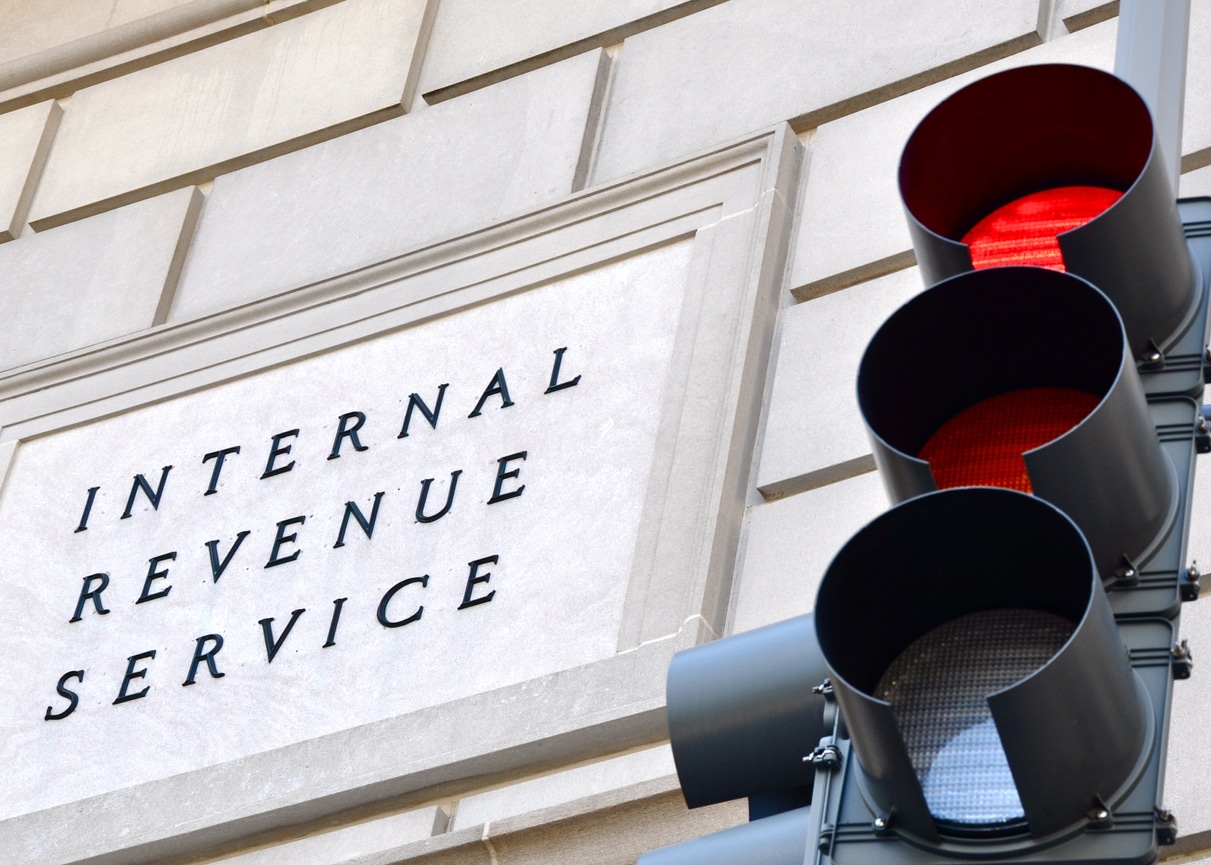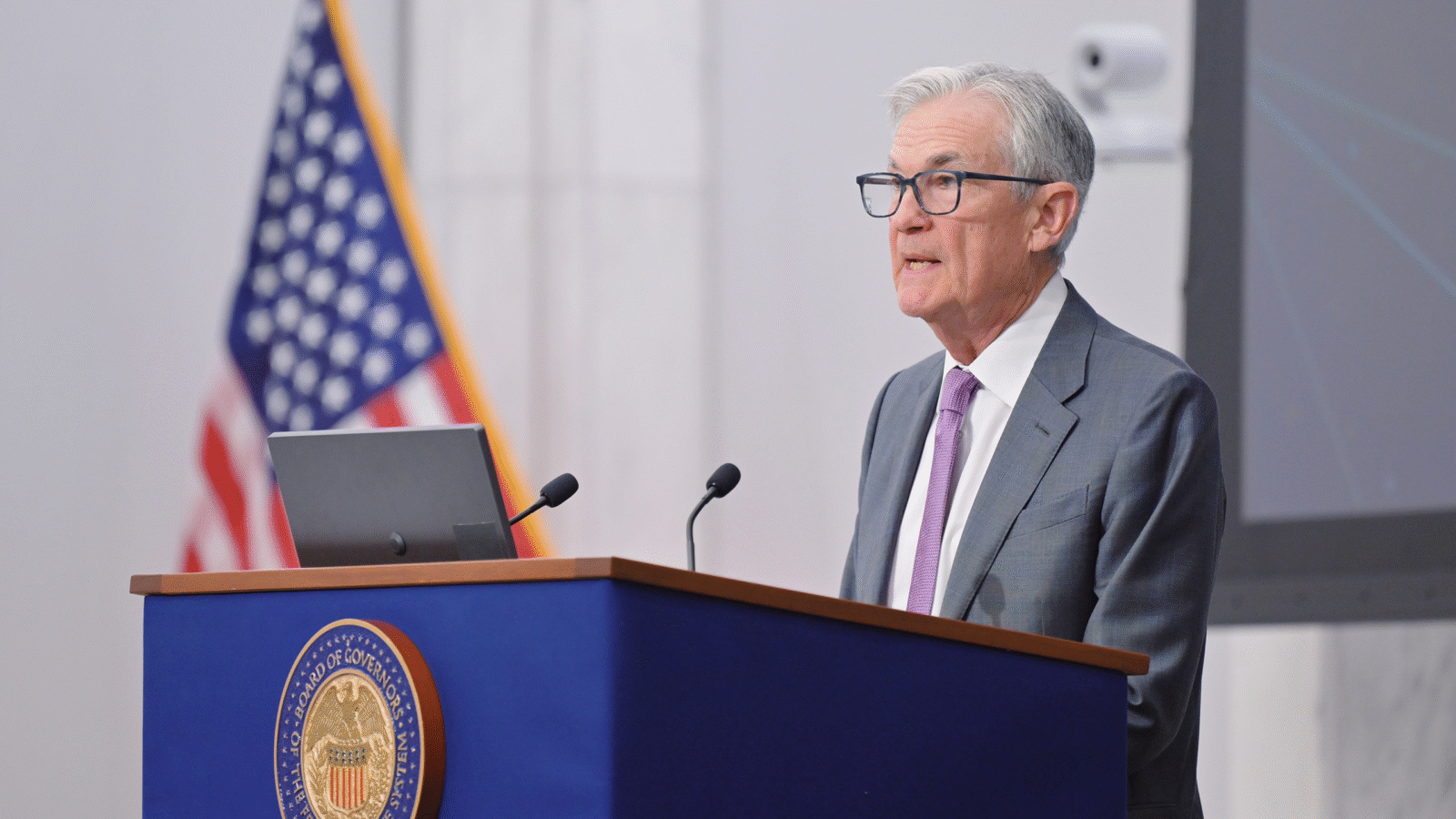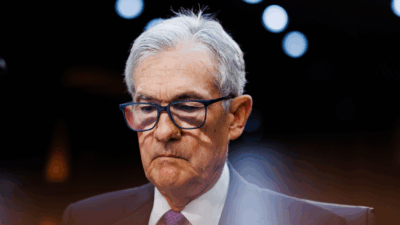
Sign up for smart news, insights, and analysis on the biggest financial stories of the day.
Last month Congress passed the American Rescue Plan — a $1.9 billion rescue package designed to get the U.S. through the last leg of the pandemic.
Now, eyes are on the future. This week the Biden administration is reportedly drawing-up a $3 trillion infrastructure package to address what it describes as structural deficiencies afflicting the economy. That’s a lot of nuts and bolts.
A Bridge Too Far?
The first pillar of the proposal would focus on America’s aging physical infrastructure — roads, bridges, and a much-discussed pivot towards the green economy. On this front, there is near bipartisan agreement:
- The American Society of Civil Engineers recently graded America’s infrastructure a C minus. Baked-in was a B in railways and a D minus in transit, which makes sense if you’ve been on NJ transit.
- The ASCE says that 45,000 bridges are currently rated in “poor” condition and traffic congestion adds a hefty 54 hours to the average commute per year.
- If not addressed, ASCE says the “overdue infrastructure bill” will equate to $3,300 per year in lost productivity and leaked value per household.
The second pillar, which is not expected to be met with broad bipartisan support, will focus on what is being called the “care-economy.” Included here are initiatives in education, child tax credits, universal prekindergarten, and tuition-free community college.
The Trillion Dollar Question: Credit or Debit?
Here, there is even less agreement.
President Biden has proposed higher corporate tax rates, raising the top marginal income-tax rate for high-income individuals, and increasing capital-gains taxes.
Also on the table is simply adding to the federal debt balance, which swelled 25% last year to $21.8 trillion. But with today’s historically-low interest rates, some argue that investments that boost the economy’s long-term growth are worth the deficit financing.
Yesterday Treasury Secretary Janet Yellen made the case for higher rates, saying, “to raise revenues in a fair way to support the spending that this economy needs to be competitive and productive.”
the takeaway
Strap in for some good-spirited debating in months to come.











